
Pittsburgh was named in honor of William Pitt, 1st Earl of Chatham, often referred to as William Pitt the Elder to distinguish him from his son William Pitt the Younger.
The suffix burgh is the Scots language and Scottish English cognate of the English language borough, which has other cognates in words and place names in several Indo-European languages. Historically, this morpheme was used in place names to describe a location as being defensible, such as a hill, a fort, or a fortified settlement.
For a long time, there was little regard for uniformity in the spelling of Pittsburgh's name. Early municipal documents and city directories generally spelled the name with a final h, but the letter is notably omitted in the city charter enacted by the state legislature in 1816. The variance in spelling persisted through the 19th century. In 1890, some local newspapers were using the final h and some were not.
In 1890, the United States Board on Geographic Names was created to establish uniform place name usage throughout the various departments and agencies of the U.S. government. To guide its standardization efforts, the Board adopted thirteen general principles, one of which was that the final -h should be dropped from place names ending in -burgh. The Board compiled a report of place name "decisions" in 1891 in which Pittsburgh's name for federal government purposes was rendered Pittsburg.
Perhaps the most familiar reference to the Pittsburg spelling is on the renowned 1909 T-206 baseball card of Pittsburgh Pirates legend Honus Wagner. Its scarcity, even at the time, combined with Wagner's reputation as one of the greatest players in baseball history, made it the most valuable sports card of all time, with one pristine specimen yielding $6.6 million at auction. It has been characterized as the "Holy Grail" of baseball cards. The city name displayed across Wagner's jersey on the card was an artistic addition that did not actually appear on the Pirates' uniforms of the time. The portrait of Wagner makes it appear as if there could be an H on the end, cut off by the border of the picture, but this notion is countered by the appearance of "PITTSBURG" in the underlying caption and on other Pirate portraits from the T-206 card set.
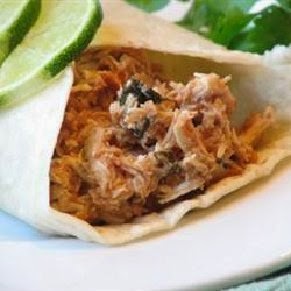
1944 – R. Lee Ermey, American actor (d. 4-15-18)
1954 – Donna Pescow, American actress
1976 – Peyton Manning, retired American football player
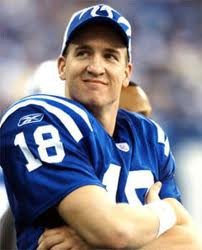
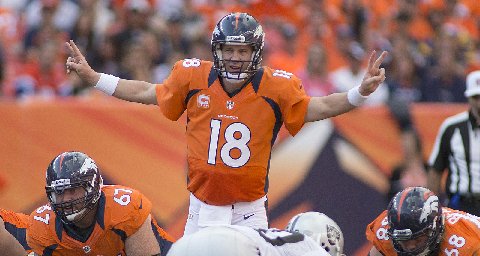
It’s probably no surprise that nearly every month on the calendar celebrates a cocktail. The only exception is April, and since it’s National Alcohol Awareness Month, it makes sense to take that month off.
A cocktail contains a spirit or a mix of spirits. While a beer is not considered a cocktail, there are beer cocktails where beer is added to a distilled ingredient. The same applies to wine.
The other months pay homage to histories, ingredients, and the makers of some legendary cocktails. January begins the year dedicating a day to the Bloody Mary, and there’s also a day for her Canadian counterpart, the Bloody Caesar, in May. January also devotes an entire week to Mocktails. In February, you can celebrate the Margarita and Kahlua. March brings us International Whisk(e)y Day, among others. Skipping back to May, you can imbibe in both Palomas and Mimosas for your celebrations.
June and July compete for the most cocktail-related days. From Martinis and Bourbon in June to Pina Coladas and Daiquiris in July, the two months cover the spectrum. There are even a few bottles of wine in between. Not only do they celebrate specific cocktails but they also celebrate the places we enjoy them. National Dive Bar Day in July invites us to celebrate the places that serve our favorite cocktails, even if it’s an ice-cold beer.
The rest of the year covers all our chilled and heated cocktails. By December, we readily reminisce National Repeal Day and the Bartenders who keep that era and the skills alive.
We have only skimmed the surface of the cocktails celebrated on the calendar, so National Cocktail Day allows you to celebrate whichever one you like!
HOW TO OBSERVE
- Create your favorite cocktail to celebrate.
- Explore cocktail ingredients or read a bartender’s manual.
- Learn the finer elements of mixing cocktails and expand your home bar.
- Visit a speakeasy or take a tour of your favorite distillery.
- Host a cocktail tasting session. Create a classic menu with a professional bartender who provides history and describes the nuances behind the ingredients.
- Attend a cocktail tasting party. You will learn more about how and why ingredients are combined the way they are.
- Visit your local bookstore and pick up a cocktail or bar book. Follow the recipes and read about the histories these bartenders share. We recommend The Essential Bar Book by Jennifer Fielder, The Art and Science of The Perfect Cocktail by Janice Dreese, and Craft Cocktails at Home: Offbeat Techniques, Contemporary Crowd-Pleasers, and Classics Hacked with Science by Kevin Liu.
- Visit your local bar and pick your bartender’s brain. Some like to share their techniques. Ask them what their favorite cocktail is. And, be sure to tip them well for their advice and service.
- Try making a mocktail. Especially on those weeknights when work is busy, and you need to keep up. Many of them infuse nutrients many of us are lacking. Keep these recipes on hand for your friends who are designated drivers, sober for life, supporting a friend, or for any reason.
- As always, ANY TIME we are indulging in spirits and alcohol, DON’T drink and drive. Designate a sober driver. Call a taxi, Uber, Lyft, or friend.
- When you celebrate, share your favorites by using #NationalCocktailDay on social media.
NATIONAL COCKTAIL DAY HISTORY
Jace Shoemaker Galloway founded National Cocktail Day in 2013
Cocktail FAQ
Q. What is the most popular spirit used in cocktails?
A. Vodka is most commonly used as a base spirit for cocktails. It’s a versatile alcohol, and makers infuse it with many different flavors adding to its appeal. It also pairs well with simple or complex ingredients.
Q. What kinds of tools do I need to make great cocktails?
A. The ingredients are the most important tool in your bar collection. However, some of the most essential tools for making cocktails include a shaker, strainer, corkscrew, and muddler. Other tools that make your mixing easier include ice tongs, spoons, pourers, and straws.









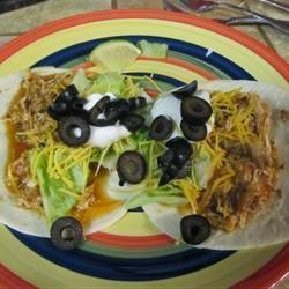
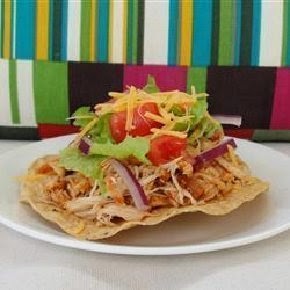
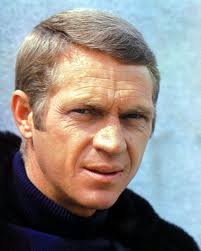
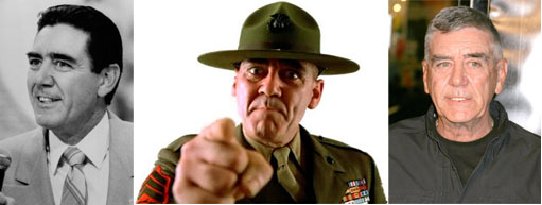
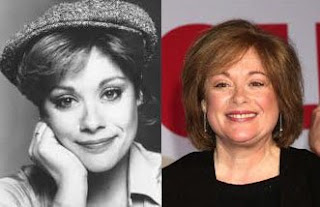

No comments:
Post a Comment